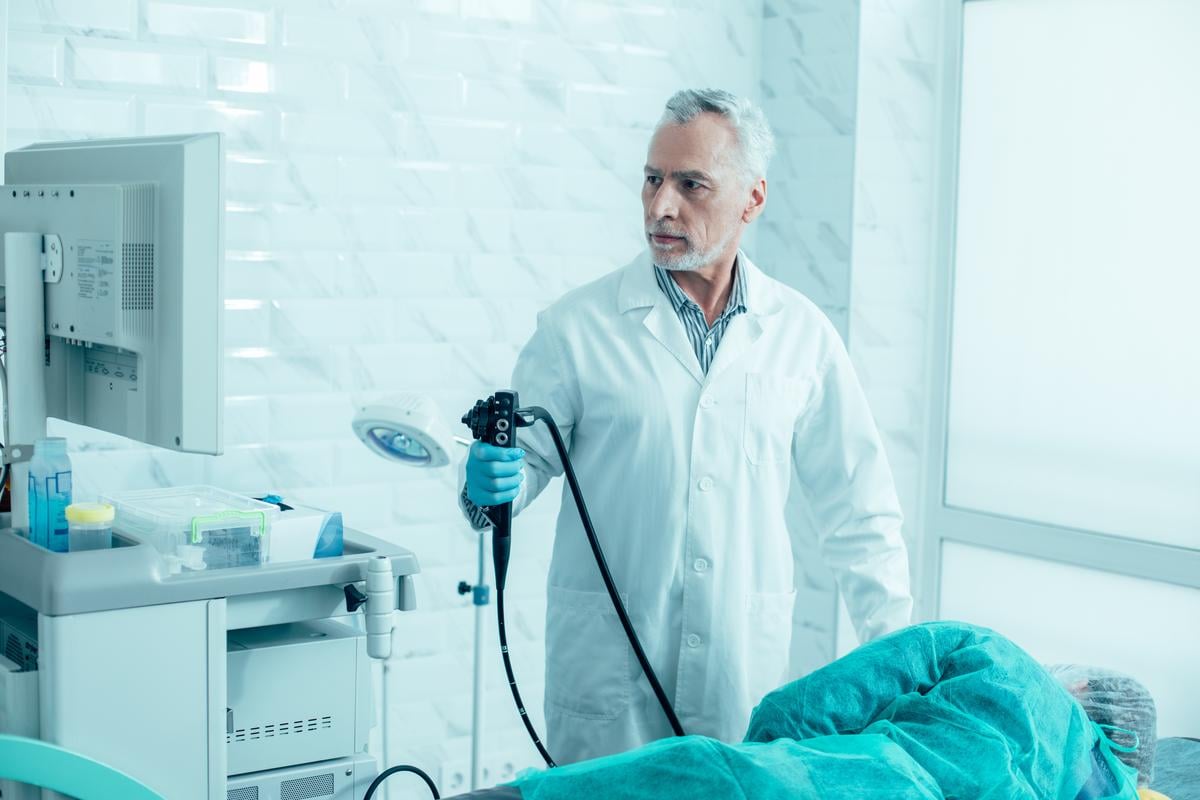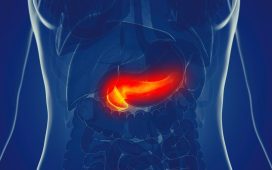17.4 percent in GLP-1 RA group undergoing esophagogastroduodenoscopies had food retention versus none in the control group
By Elana Gotkine HealthDay Reporter
FRIDAY, Oct. 4, 2024 (HealthDay News) — Use of glucagon-like peptide 1 receptor agonists (GLP-1 RAs) is associated with the risk for retained gastric contents and inadequate bowel preparation during endoscopic procedures, according to a research letter published online Oct. 1 in JAMA Network Open.
Jason Nasser, M.D., from Cedars-Sinai Medical Center in Los Angeles, and colleagues examined the potential associations between GLP-1 RA use and risks for gastric food retention and periprocedural aspiration during esophagogastroduodenoscopies (EGDs), when EGD was combined with colonoscopy, and in colonoscopy alone in a retrospective, single-center cross-sectional study. Individuals taking GLP-1 RAs at the time of endoscopy were matched for age, body mass index subgroup, sex, and procedure with individuals in a control group (70 and 139 individuals, respectively).
Overall, 33 percent of the cohort underwent EGD, 33 percent underwent colonoscopy, and 34 percent underwent both. The researchers found that four of 23 individuals (17.4 percent) in the GLP-1 RA group undergoing EGD alone and none of 46 in the control group had food retention (odds ratio, 21.5). In combined EGD-colonoscopies, there was no food retention observed. Inadequate bowel preparation was more common in the GLP-1 RA group than the control group among individuals undergoing colonoscopy or combined EGD-colonoscopies (21.3 versus 6.5 percent; odds ratio, 3.9). There were no aspiration events, respiratory distress, or aspiration pneumonia visits.
“Contrary to previous reports, our study identified a clear association between GLP-1 RA use and unsatisfactory bowel preparation, which carries significant risks for missed lesions, patient dissatisfaction, and procedure cancellation, with wasted resources,” the authors write.
Copyright © 2024 HealthDay. All rights reserved.








